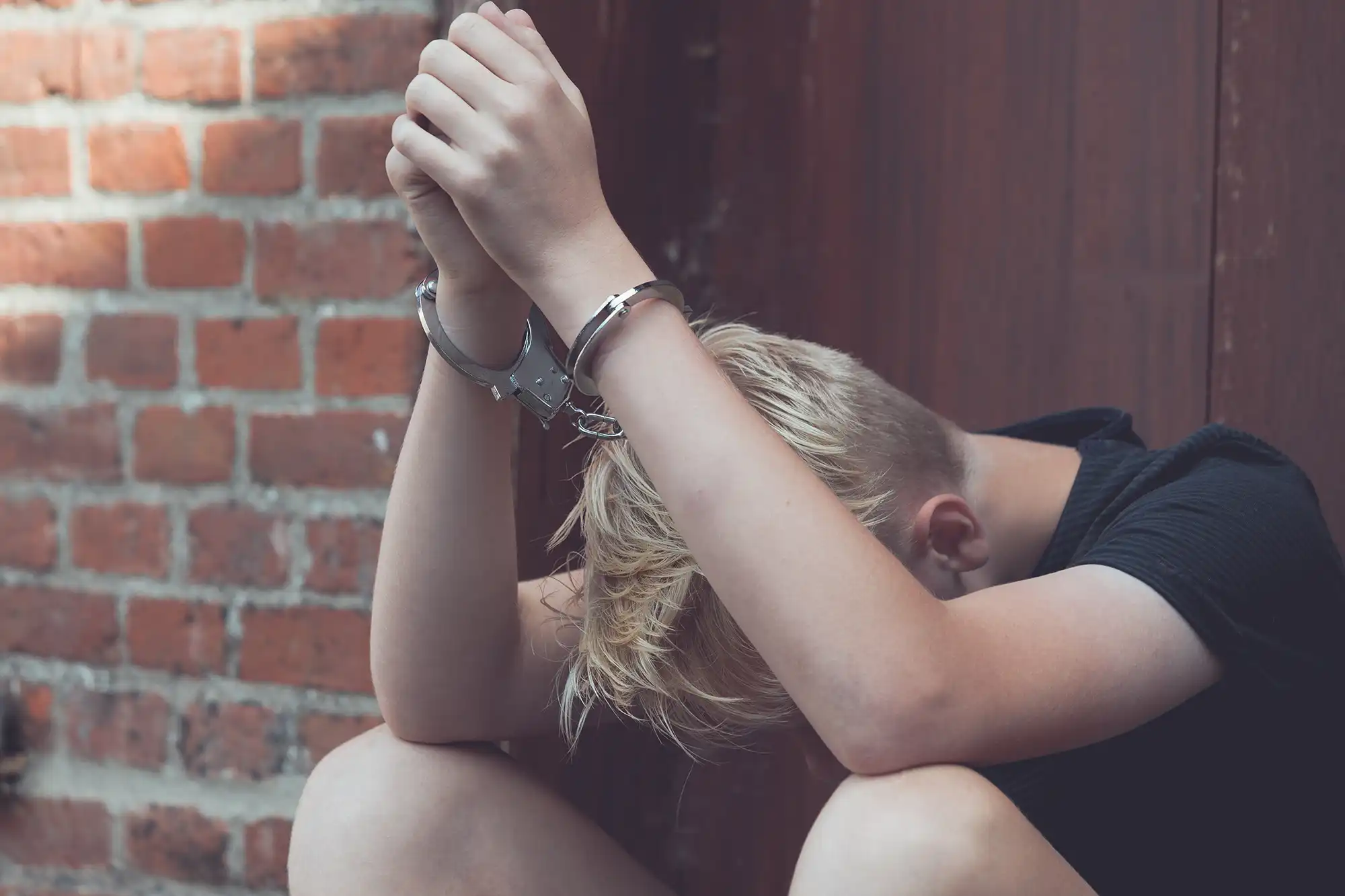

Long Island Juvenile law Lawyer
Juvenile law
Many parents are terrified when their child is picked up for a crime. This fear is understandable. The criminal justice system is confusing, and justice is not always meted out fairly.
If your child has been charged with a crime, please call us. The juvenile justice system differs substantially from the adult justice system. You need a lawyer who understands these differences and can protect your child’s rights from start to finish.
What Makes Juvenile Justice Unique
In the adult justice system, the goal is punishment—determining whether a defendant is guilty and fashioning an appropriate punishment in the form of jail and/or fines. Punishment serves several purposes. It can deter the defendant from committing a crime in the future. It also registers the community’s disapproval of the defendant’s conduct.
With juvenile justice, the goal is reform. The system understands that children are still developing and one mistake as a youth does not inevitably lead to a life of crime as an adult. To this end, the juvenile system tries to rehabilitate young people through probation or probation camp, as well as through attendance of classes and/or treatment for substance abuse. If juvenile justice is successful, a young man or woman can become a productive adult.
Trying Minors as Adults
Sometimes, minors are tried as adults for their crimes. Essentially, the system realizes that some serious crimes deserve punishment, regardless of the offender’s age. We think this practice arose because the public saw juvenile justice as too “soft” and demanded that some violent criminals be punished like adults.
Generally, any child who is at least 14 could be tried as an adult for certain crimes: rape, robbery with a weapon, gun crimes, drug crimes, murder, and others. A judge will decide whether to transfer your child to the adult system in a fitness hearing.
The adult system is very different from juvenile justice. You and your child need an attorney who can transition seamlessly between the two, always keeping what is best for your child at the forefront.
The Notice to Appear
Many parents first realize their child has been suspected of a crime when they receive a Notice to Appear. This notice will tell you when to meet with a probation officer in the probation department.
At the meeting, many different things could happen. Sometimes all you receive is a stern lecture from the officer. At others, the officer might recommend your child enter treatment programs. It’s also possible the officer takes your child into custody until a court hearing can take place.
It is vital that you have a seasoned juvenile law attorney with you during this meeting. Many people are very emotional, which is understandable. They might also feel intimidated by the officer, especially when there is a language barrier.
Detention Hearings
This is a critical hearing where a judge will decide whether to release the child back to you or keep him or her in custody until the legal process is completed. The judge considers many factors, such as the risk your child will flee, as well as whether he or she is at risk or a risk to others. An attorney makes all the difference in this hearing.
Help is Available with a Juvenile Law Attorney
You are not in this alone. Our attorneys can help you and your child seek the best resolution and avoid being tried as an adult. For more information, contact us as soon as possible.
practice areas
- Long Island Assault Lawyer
- Long Island Domestic violence / battery Lawyer
- Long Island DWI
- Long Island Drug charges Lawyer
- Long Island Federal charges Lawyer
- Long Island Weapons charge Lawyer
- Long Island White Collar Crimes Lawyer
- Long Island Internet crimes Lawyer
- Long Island Traffic crimes Lawyer
- Long Island Misdemeanor Crimes Lawyer
- Long Island Juvenile lawyer
- Long Island Sex Crimes Lawyer
- Long Island Theft Lawyer
- Long Island Personal Injury Lawyer
- All practice areas
" When I was arrested, I thought my life was over. Karpf Criminal Law turned everything around. They fought for me like I was family, and thanks to them, I'm back home with my kids. I can't thank them enough. "
